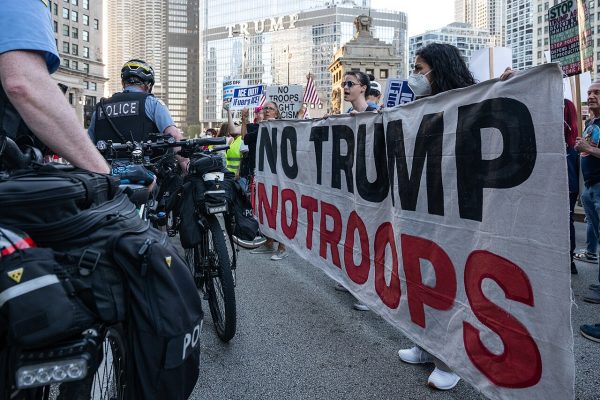A Time of Introspection and Peace
The meaning of Ramadan
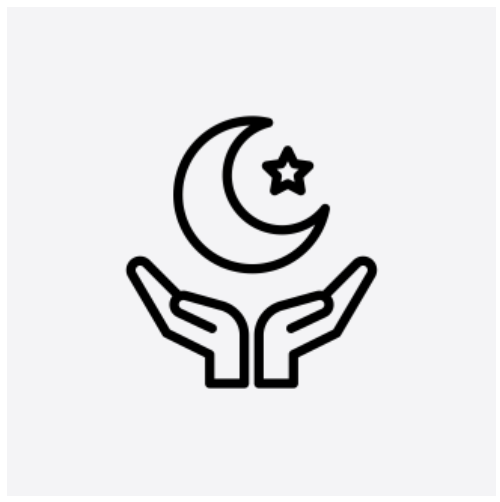
Muslims observing these holy days simply try their hardest to be good people, as it is considered that speaking out of anger or telling lies or committing other immoral actions will also negate one’s fast.
For 29-30 days (depending on the moon), Muslims fast from sunrise to sunset in the month of Ramadan (this year it started on April 2). While observing Ramadan is one of the fundamental obligations for Muslims, many non-Muslims have misconceptions about this month and what it means.
So here’s a brief guide to a day during Ramadan.
Suhoor
At 5:00 a.m., before sunrise (Suhoor means dawn), I wake up to the sounds of dishes in the kitchen and the smell of food at the table. My family and I sit together to eat a meal that will keep us full for the rest of the day. Common dishes for Suhoor include eggs and breads, like paratha or pita. We also hydrate ourselves as our fast forbids eating or drinking during daylight hours. After praying, I go back to sleep until it’s time to go to school.
The Fast
The day passes without food and water, but also without anger. An important part of Ramadan is to spend the month with patience and kindness, approaching life with thoughtfulness and self-control. Muslims observing these holy days simply try their hardest to be good people, as it is considered that speaking out of anger or telling lies or committing other immoral actions will also negate one’s fast.
Fasting is required for healthy Muslims who are of age. Those who are exempt due to medical reasons or age are required to feed the needy instead as an act of charity.
And while many may think this is the hardest month for Muslims, that couldn’t be further from the truth. This month brings peace and togetherness. We meet up with family and friends for Iftar (which essentially translates to the time to end the fast).
Also, sometimes, people in some Muslim countries meet up during Suhoor since many restaurants operate by Suhoor times, and people often stay awake until Suhoor (many employers and schools change their working hours to later in the day).
Life doesn’t stop due to the fast: people still go to work and school and athletes still participate (though they often exercise less or do so after Iftar).
Oftentimes, in Muslim-majority countries, people walk in the streets passing out packets of food to end fast, including dates, which are both culturally and religiously important. The goal is to make sure that people stuck on the road during the time of Iftar have something to open fast with. Those packets of food are always free, as Ramadan is a time of giving.
Mosques also often have food available (and community members often give food to Mosques) during Iftar for anyone to finish fast with, including those in need. And in other countries, Muslims find each other and give a gentle smile and a greeting of ‘Ramadan Kareem’ or ‘Ramadan Mubarak’ (Happy Ramadan).
Iftar
The day has passed by and it is now sunset (around 8:00 p.m. currently): It is time to break fast. Traditionally, the fast is ended by drinking water and eating dates. People often drink refreshing drinks to hydrate themselves and consume healthy fruits. Like Suhoor, Iftar is a meal that brings people together to eat.
After 29-30 Days
As the Muslim calendar goes by moon phases, the month of Ramadan is marked from the start of one crescent to the next crescent phase. After the month ends, the holiday of Eid al-Fitr arrives. On this holiday, people pray at their Mosque and visit one another at home. My family often goes to pray at our local Mosque in the morning and then visits family and friends for the day.
People wear new and extravagant clothes and many women wear Henna. Food is also an important aspect on this day, with people eating and sharing meals. But before celebrating, Muslims also give Fitrana, or money for the poor, so that they can also celebrate Eid.
Rewards
Fasting during Ramadan is one of the most important duties for a Muslim. It teaches us to be thoughtful and patient and to take control of our actions. It’s a month that brings people closer to their faith and also to each other. For Muslims, it’s a time of healing as we reflect on our life and try to become better people. I, personally, look forward to this month since it always brings introspection and pushes me harder to improve myself. And to see the Muslim community come together is really special: with WhatsApp gifs and stores selling dates and the quiet reminder that we’re connected through our faith.
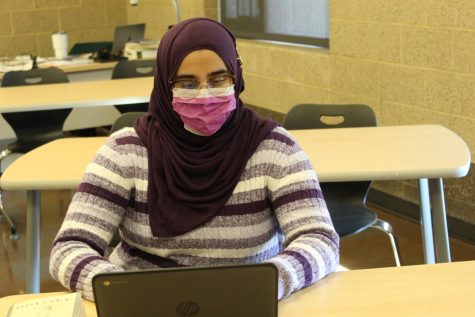
Hiba Z. Ali began writing for the Beachcomber in fall of 2019. She covers diversity in the school. In addition to writing for the Beachcomber, she also...



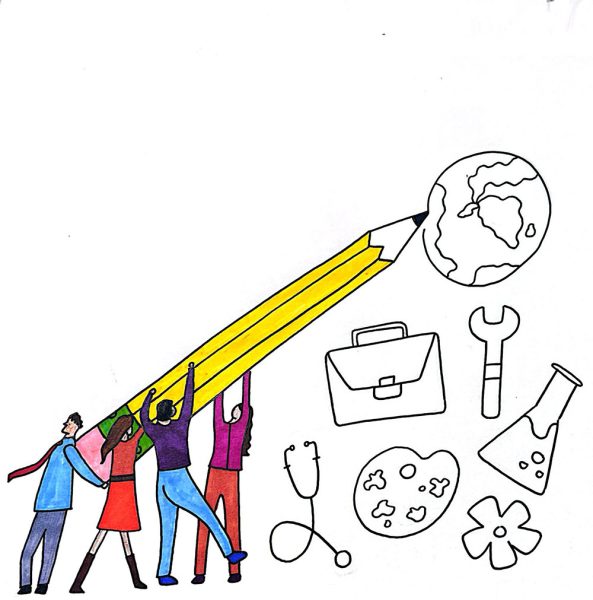
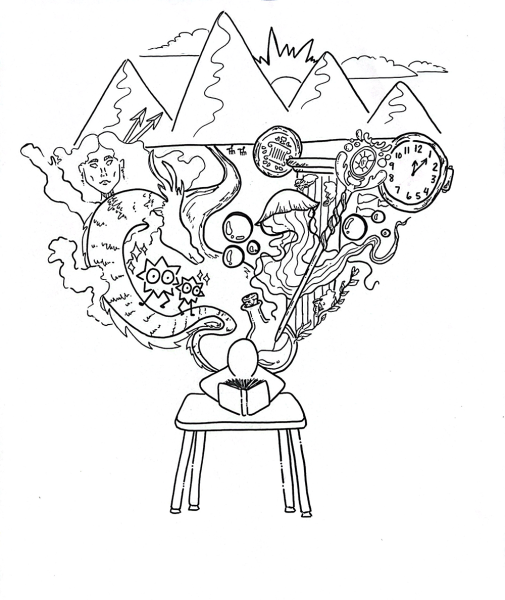
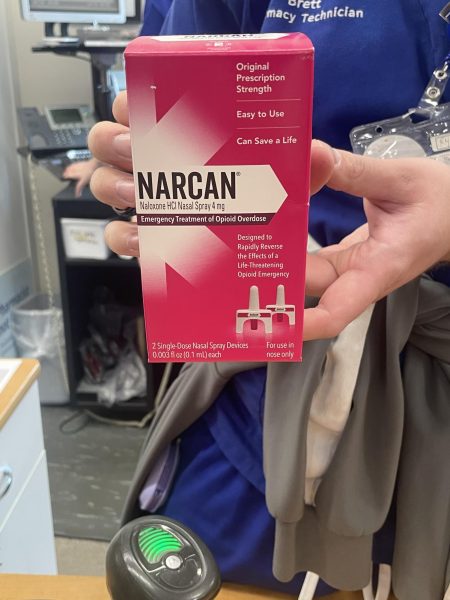
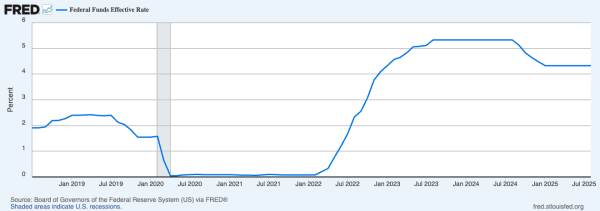


![“My parents have always said that education is important. My parents are Chinese immigrants, I'm Chinese American, [and that's a] value that has always been ingrained in our community,” said Senior Lyndia Zheng, pictured with Tony Zheng](https://bcomber.org/wp-content/uploads/2025/10/DSC_4244-600x400.jpg)

